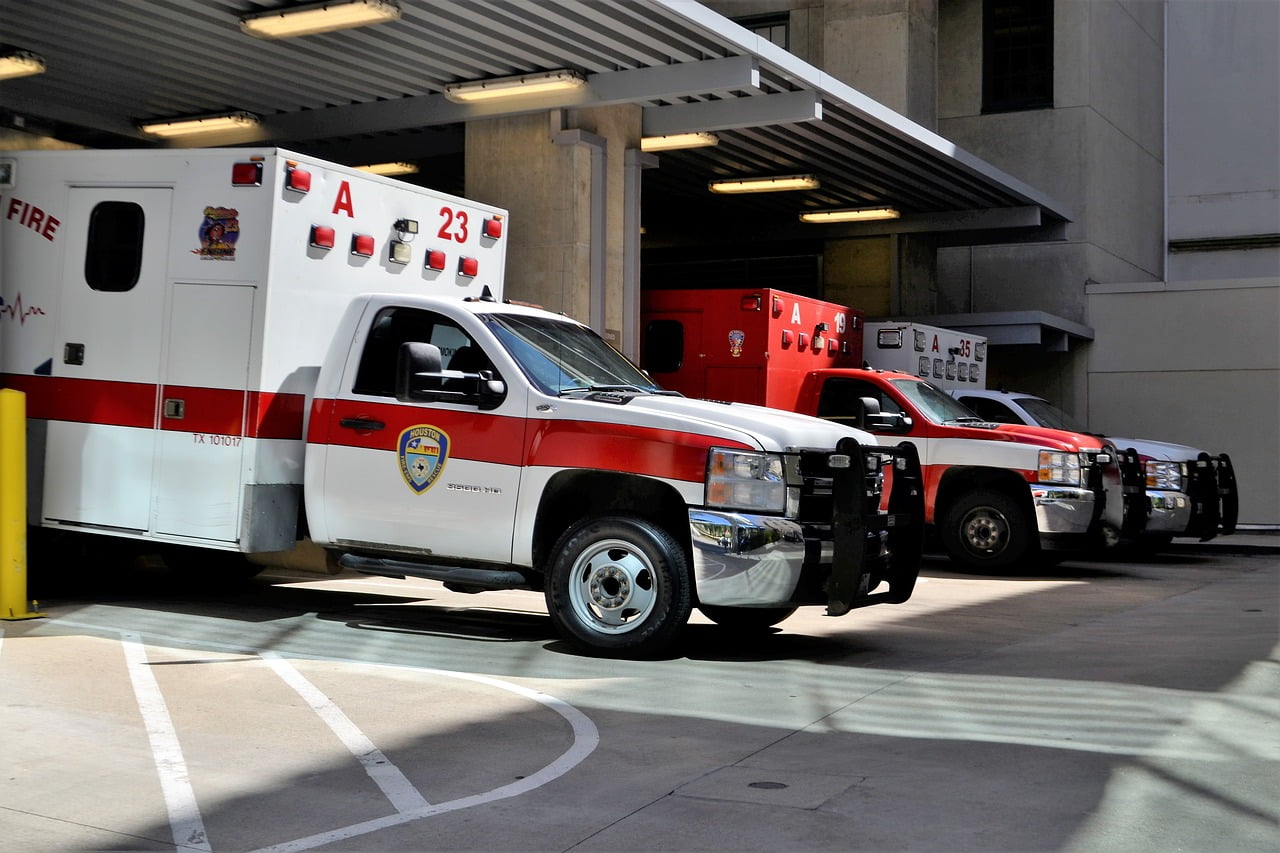Pennsylvania lawmakers are considering tax credits for first responders to help offset the staffing shortages. A bill was recently introduced for the same that aims to give a $2,500 tax credit to Pennsylvania first responders.
Tax Credit To Pennsylvania First Responders: Who Will Get It?
Rep. Joe Hogan (R-Penndel) proposed House Bill 1557 that would give a tax credit of $2,500 to first responders, EMTs and paramedics. The $2,500 tax credit to Pennsylvania first responders, EMTs and paramedics will be for three years.
Active paid or volunteer workers would qualify for the credit. The credit will be available to fire and EMS personnel serving in Pennsylvania, as well as those who moved to the state. If approved, the credit would expire in 2028.
The proposed bill is similar to the idea of HB1249, floated earlier to give tax credits to teachers, nurses, and police officers. House Bill 1249 also offers $2,500 tax credit for three years through 2027. This bill passed the House in June and is estimated to cost $225 million.
“As you may know there is a severe shortage of paid and volunteer firefighters as well as a severe shortage of Emergency Medical Service personnel, and I believe that a tax credit similar to what is proposed for police officers would go a long way to help entice individuals into these fields as well as help retain the people already (performing) these critical duties,” Rep. Hogan said.
Rep. Hogan hopes the tax credit to Pennsylvania first responders will boost the recruitment and retention of employees. HB1557 now awaits approval from the House Finance Committee.
What’s The Need?
The tax credit to first responders is a much-needed credit as volunteers account for 96.8% of firefighters in Pennsylvania (with the national average being 70.2%), second only to Delaware, according to the U.S. Fire Administration.
EMS officials have talked about issues with the state’s first response system before, with low reimbursement rates and funding being the top concern.
For instance, a couple of months back, a fire chief told the House Democratic Policy Committee that stagnant and reduced funding at a time when the department is struggling with rising costs and manpower issues is making matters worse. Last month, testifiers at a Senate Health and Human Services hearing made similar remarks as well.
Although the House and Senate approved House Bill 479 last month, which reimburses ambulance services for every mile they drive, the long-standing issues related to funding and attracting more workers still remain.
Separately, several states, over the past two years, have announced financial assistance for first responders. Florida, for instance, announced sending $1000 stimulus checks to first responders last year.
“These bonuses are a well-deserved recognition to our law enforcement and first responders for all they do for Florida,” Florida Governor Ron DeSantis said at the time.
Last year, Minnesota Gov. Tim Walz also approved $750 stimulus checks for frontline workers.












